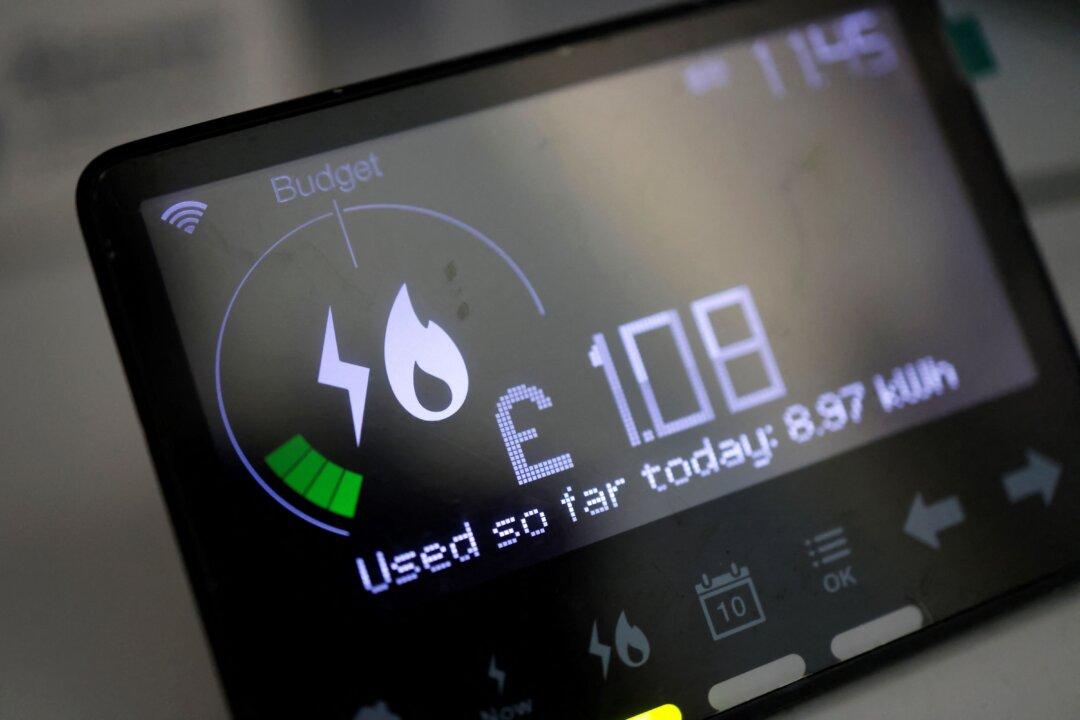The Head of Public Policy at the Institute for Economic Affairs (IEA), Matthew Lesh, said it is “unlikely” the Don’t Pay energy bill boycott campaign will reach its target of 1 million pledges by Oct. 1.
So far more than 107,000 people in Britain have signed up, promising to cancel their energy bill direct debits at the start of October in protest at the soaring prices.





